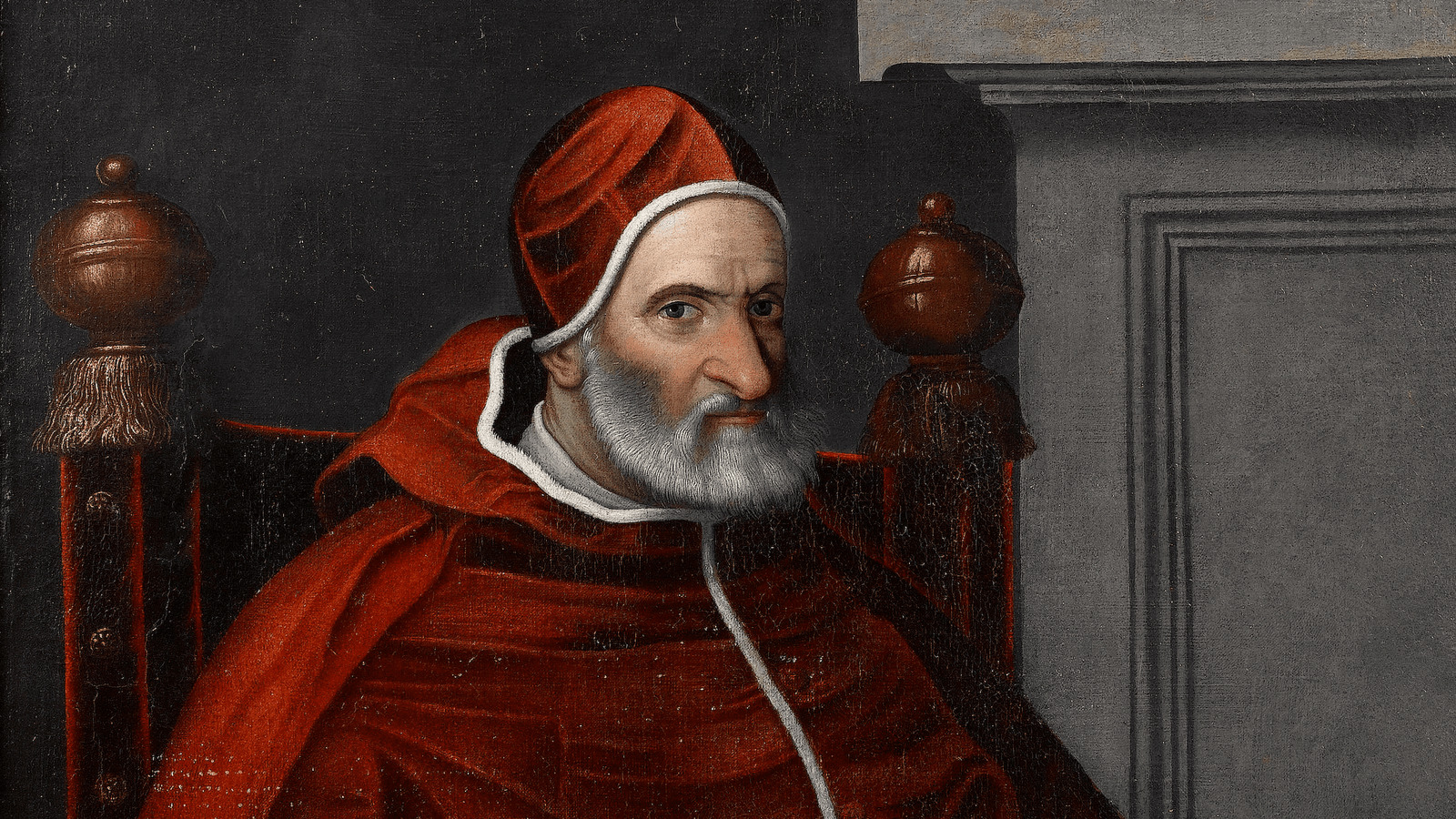
One of the early papal attempts to reform the calendar was by Pope SIxtus IV in 1475. But the person he chose to help devise the reforms, astronomer and mathematician Johannes Müller von Königsberg, also known as Regiomontanus, died after arriving in Rome to work on the calendar, and the project was abandoned.
In 1572, cardinal-priest Ugo Boncompagni became Pope Gregory XIII. Soon after becoming pope, he decided to address the matter of the drifting calendar, having previously worked on the issue with the Council of Trent from 1545 to 1563. A commission was formed to create a new calendar, composed of a variety of people including members of both the Roman and Eastern churches, a lawyer, a historian, an astronomer, and a mathematician. Together, the commission tried to come up with a calendar that appropriately took into consideration the fact that “civil years necessarily consist of integral days,” as Jesuit astronomer Christoph Clavius stated, per Scientific American. In other words, you couldn’t fix the calendar by just tacking on a partial day at the end.
Read Related Also: What Patrick Swayze's Widow Lisa Niemi Has Been Doing Since His Death
After the commission submitted their final report in 1581, Pope Gregory XIII prepared to announce the new calendar.








